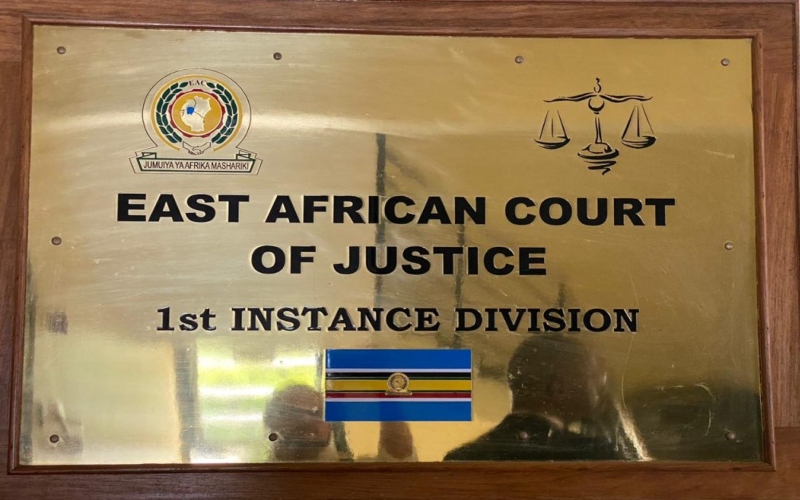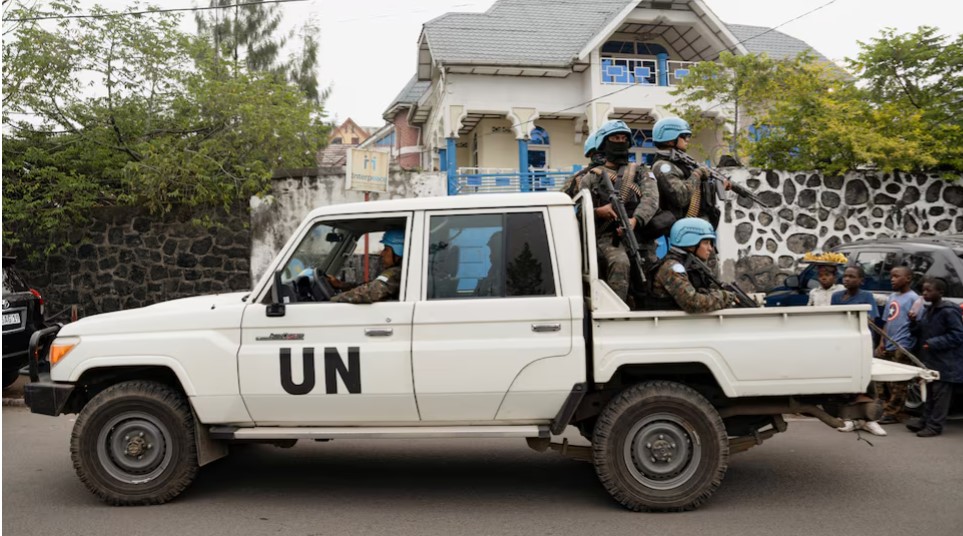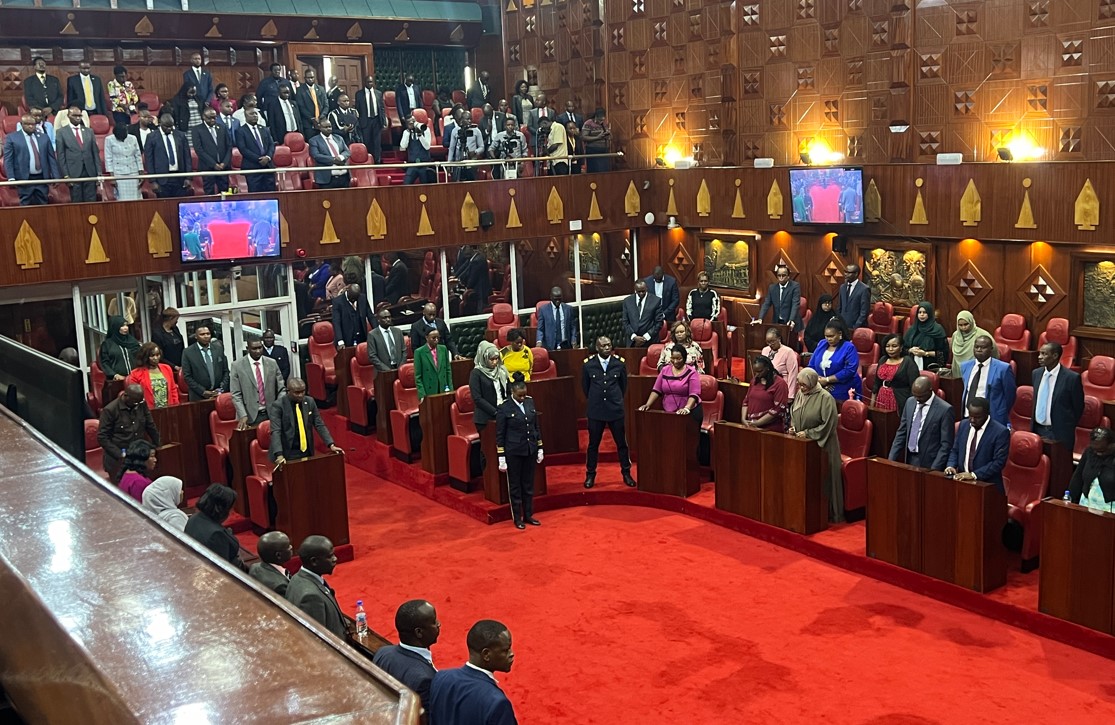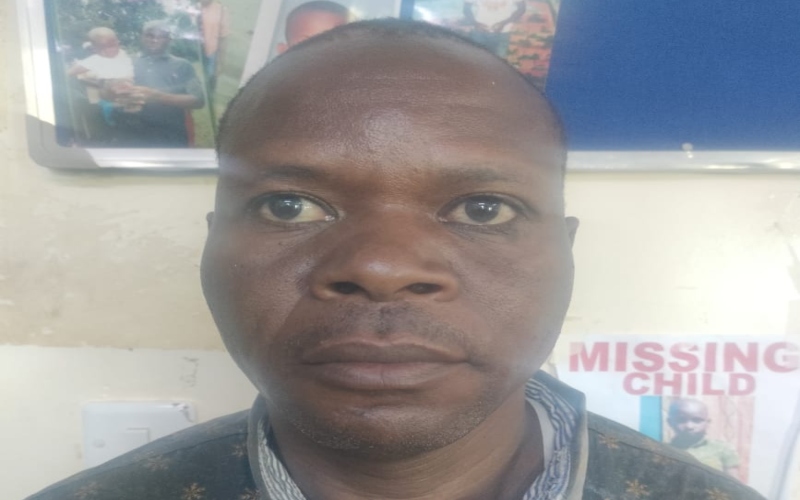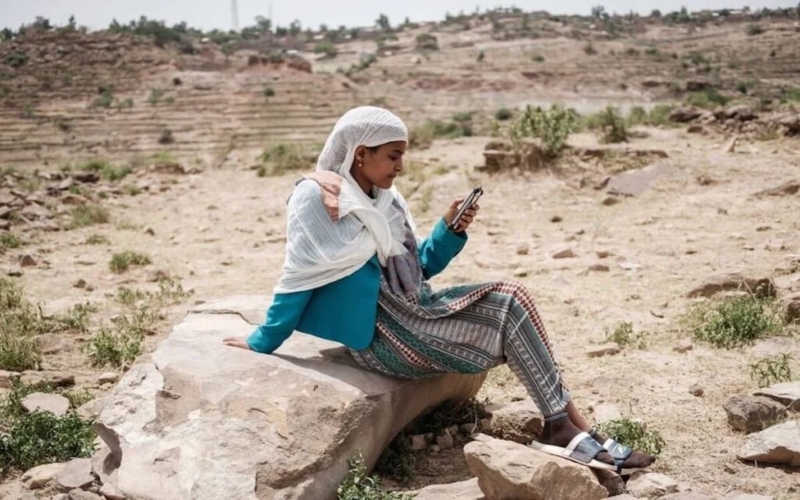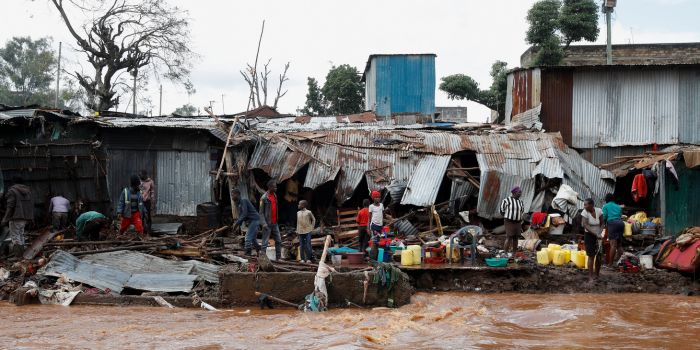UN warns AI, anonymity fuel violence against women online
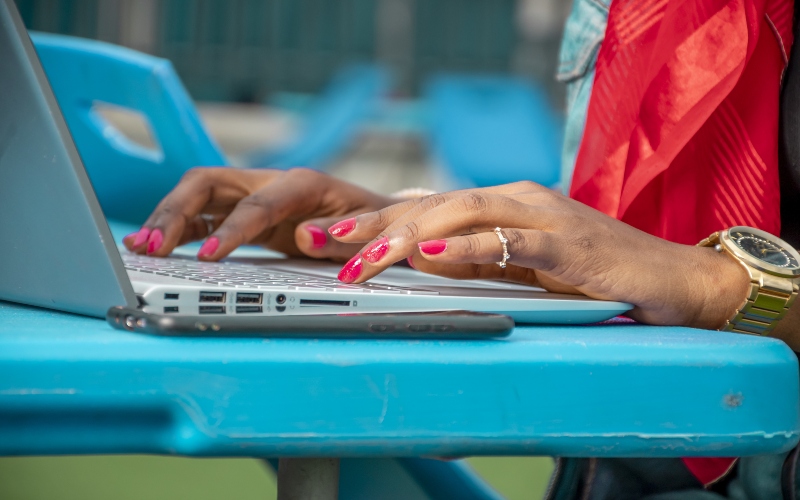
Among those affected are women in leadership, business, and politics who face deepfakes, coordinated harassment, and gendered disinformation designed to drive them to deplatform or leave public life altogether.
The United Nations is warning that artificial intelligence (AI) and online anonymity are fueling a surge in violence against women and girls, the majority of whom lack access to legal protection from tech-facilitated abuse.
According to the UN, the surge is exacerbated by low reporting of online abuse, ill-equipped justice systems, and limited accountability among tech platforms.
More To Read
- North Eastern Commissioner urges multi-sectoral cooperation to bolster regional security
- X introduces transparency tool to curb bots and impersonation
- Technology of freedom, risk of violence: Digital divide facing women in post-war Tigray
- Ending violence against women ‘a matter of dignity, equality and human rights’
- TikTok’s new controls let users decide how much AI content appears on their feed
- Google unveils Gemini 3, its most ambitious all-in-one digital assistant yet
“The rise of AI-generated abuse has only deepened impunity across borders and platforms. But there are signs of progress. Laws are beginning to evolve to meet the challenges of technological change. As of 2025, 117 countries reported efforts addressing digital violence, but efforts remain fragmented for a transnational challenge,” the UN Women said in a statement.
Among those affected are women in leadership, business, and politics who face deepfakes, coordinated harassment, and gendered disinformation designed to drive them to deplatform or leave public life altogether.
At the same time, across the world, one in four women journalists reports online threats of physical violence, including death threats
“What begins online doesn’t stay online. Digital abuse spills into real life, spreading fear, silencing voices, and - in the worst cases, leading to physical violence and femicide. Laws must evolve with technology to ensure that justice protects women both online and offline. Weak legal protections leave millions of women and girls vulnerable, while perpetrators act with impunity. This is unacceptable. Through our 16 Days of Activism campaign, UN Women calls for a world where technology serves equality, not harm,” UN Women Executive Director Sima Bahous said.
While praised for enhancing human interaction, digital connectivity has also exposed unchecked vulnerabilities that create opportunities for criminal activity.
“The digital world promised connection and empowerment, but for millions of women and girls, it has become a world of abuse. Digital violence is spreading at an alarming rate, fueled by artificial intelligence, anonymity, and the absence of effective laws and accountability. It now spans every corner of the Internet - from online harassment and cyberstalking to doxing, non-consensual image sharing, deepfakes, and disinformation weaponised to silence, shame, and intimidate women and girls," the statement adds.
World Bank data shows that fewer than 40 per cent of countries have laws protecting women from cyber harassment or cyber stalking.
The figure translates to 44 per cent of the world’s women and girls, approximately 1.8 billion, without access to legal protection.
The UN Women is thus calling for global cooperation to ensure digital platforms and AI tools meet safety and ethics standards, support for survivors of digital violence by funding women’s rights organisations and investments in prevention and culture change through digital literacy and online safety training for women and girls, and programmes that challenge toxic online cultures.
It is also pushing for perpetrators to be held accountable through better laws and enforcement and for tech companies to step up by hiring more women to create safer online spaces, removing harmful content quickly, and responding to reports of abuse.
Other Topics To Read
Top Stories Today

